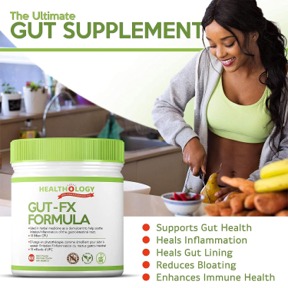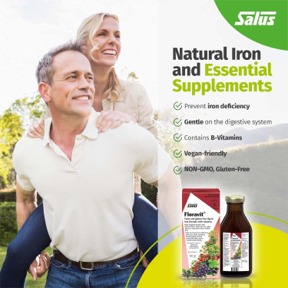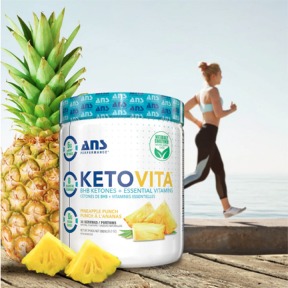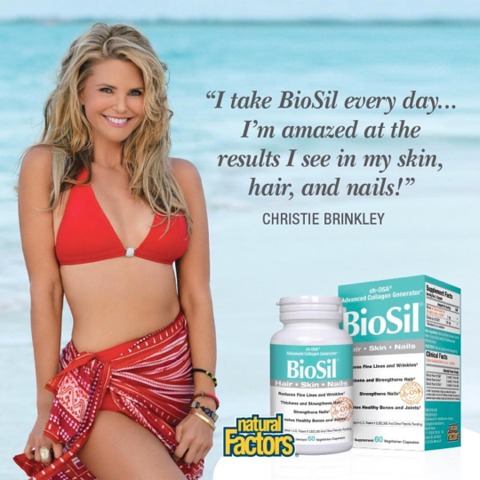
The Heart of the Matter
Share
 “Heart disease” is a catch-all phrase for various conditions that affect the heart’s structure and function. It is the second leading cause of death in Canada. (Public Health Agency of Canada, 2022).
“Heart disease” is a catch-all phrase for various conditions that affect the heart’s structure and function. It is the second leading cause of death in Canada. (Public Health Agency of Canada, 2022).
Cardiovascular disease is an umbrella term for a collection of conditions relating to the heart, blood vessels and circulation. Some of these conditions include high blood pressure, heart attacks, strokes, angina, and congestive heart failure.
Heart attacks and strokes are often caused by atherosclerosis (a build-up of plaque) which develops slowly, causing your arteries to narrow, reducing the supply of oxygen-rich blood to tissues of our vital organs. Reduced blood flow in arteries impacts the heart, brain, arms, legs, pelvis, and kidneys. Cholesterol, fat, blood cells and other substances are the cause of plaque. Plague often starts to build up during childhood and worsens with age. Risk factors include unhealthy cholesterol levels, unhealthy lifestyle habits and genetic factors.
Nourish Your Heart
It’s clear that smoking causes irreparable damage to the lungs and blood vessels. The toxic chemicals in cigarettes can thicken your blood, increase free radical damage, and increase plaque formation and clots in the arteries and veins, potentially leading to blockages.
Follow a healthy lifestyle that includes a diet filled with fruit, vegetables, and whole grains. Reduce alcohol and refined foods and those high in sugar and fat. Aim to reduce stress and increase physical activity or exercise.

Simple Lifestyle Steps
Breakfast Basic – start your morning with some fruit and whole grains such as oatmeal, brain flakes/muffin or whole-grain toast.
Reduce drinking your calories. Cutting out one beverage sweetened with sugar can make a difference. Saving 100 (or more) calories a day can help you shed 4-5 kg in one year.
Take a brief 5 – 10-minute walk, or take the stairs when possible.
Substitute a handful of nuts (walnuts, almonds, pecans, etc.) rather than chips or cookies as a snack. Nuts are heart-healthy.
Breathe deeply. A couple of times a day, take a moment and deep belly breath to help reduce stress and aid relaxation.
Give thanks. Take a moment to acknowledge the good or positive things in your day or life. This helps us tap into other positive moments, which aids greater well-being and decreases anger and worry.
The Natural Approach to a Healthy Heart
Did you know? Collagen, a protein the body produces, plays an essential role in the structure and function of skin, cartilage, bones and connective tissue. It provides structure to your arteries which keep blood flowing to and from your heart. Without adequate structural support, arteries become weak, stiff, and inflexible, which is linked with a higher risk of cardiovascular disease, heart attacks and stroke.
Vitamin C is the most important water-soluble antioxidant in the human body. However, humans do not make Vitamin C and must supplement to meet our daily requirements. Vitamin C and lysine (an amino acid) work together to build collagen, which strengthens and holds together coronary cells. Inadequate amounts of vitamin C means poor collagen. Coronary cells then fall apart just as bricks do without good mortar. Coronary arteries, closest to the heart, receive the greatest pressure. Without enough Vitamin C the collagen weakens. This sets the stage for a heart attack.
Medi-C is a trendy and beneficial supplement that combines vitamin C and lysine. Medi-C reduces the risk of cardiovascular disease, helps produce healthy collagen, helps dissolve cholesterol deposits, increases blood flood to coronary arteries and prevents the formation of free radicals.
Increase your antioxidant levels through diet and supplementation. Antioxidants like Natural Factors Ubiquinol CoQ10 helps provide support for cardiovascular health and protects against free radical damage, promoting sustained natural energy. Natural Factors Ubiquinol CoQ10 is a targeted supplement for individuals taking statin (cholesterol-lowering) medications. Statins lower the body’s production of CoQ10, which can lead to a deficiency in Ubiquinol CoQ10 levels. Statins block the production of too much cholesterol, but they also inhibit your body from producing normal levels of CoQ10.
Niacin is often associated with increasing circulation and lowering blood pressure and should be considered a heart-healthy supplement for cholesterol management. Niacin (Vitamin B3) can improve your good cholesterol HDL and lower triglycerides but tends to work only in higher dosages (250 mg twice a day or 500 mg once a day). Taking niacin in higher dosages can cause flushing, itching, and possible headaches, so the alternative option would be supplements such as Natural Factors Niacin Inositol Hexanicotinate. (niacin, no flush). Inositol nicotinate more slowly releases niacin, or vitamin B3, when processed by the body, reducing some of the regular niacin effects.

Using garlic as an addition to your diet can enhance the Nitric Oxide signals in your body. Garlic has a blood pressure-lowering effect and is an excellent way to boost your immune system. Several studies have indicated that garlic can inhibit specific enzymes synthesizing cholesterol and fatty acids. The unwanted lingering taste and smell of garlic may be off-putting to some, which deters garlic use in everyday cooking. However, there are supplement options such as Natural Factors GarlicRich. GarlicRich is made from the whole bulb, and each odourless softgel equals eight garlic cloves! Natural Factors new Super Strength Garlic and Reishi provide cardiovascular health and support the immune system.
Managing blood sugar is also critical to preventing heart disease and lowering cholesterol. Berberine is one of the most versatile and effective supplements for lower blood sugar, but Berberine, for reasons not yet understood, can also increase the number of LDL receptors in the liver, helping clear cholesterol from the body. Berberine also acts similarly to phytosterols by blocking the absorption of lipids in the small intestine.
Other heart-healthy supplements include magnesium. Magnesium positively affects HDL cholesterol and can lower triglycerides and inflammation. As a muscle relaxant, magnesium can help lessen that pent-up physical stress in your body.
Fish oils, such as Whole Earth & Sea Herring Gold, have been found to support our heart and arteries in many ways, from lowering blood pressure to decreasing triglycerides.
As with all things in life, there is not a single magic bullet. It is essential to take a multi-faceted approach, including diet and lifestyle, stress management, exercise, optimal sleep and nourishing our well-being.






